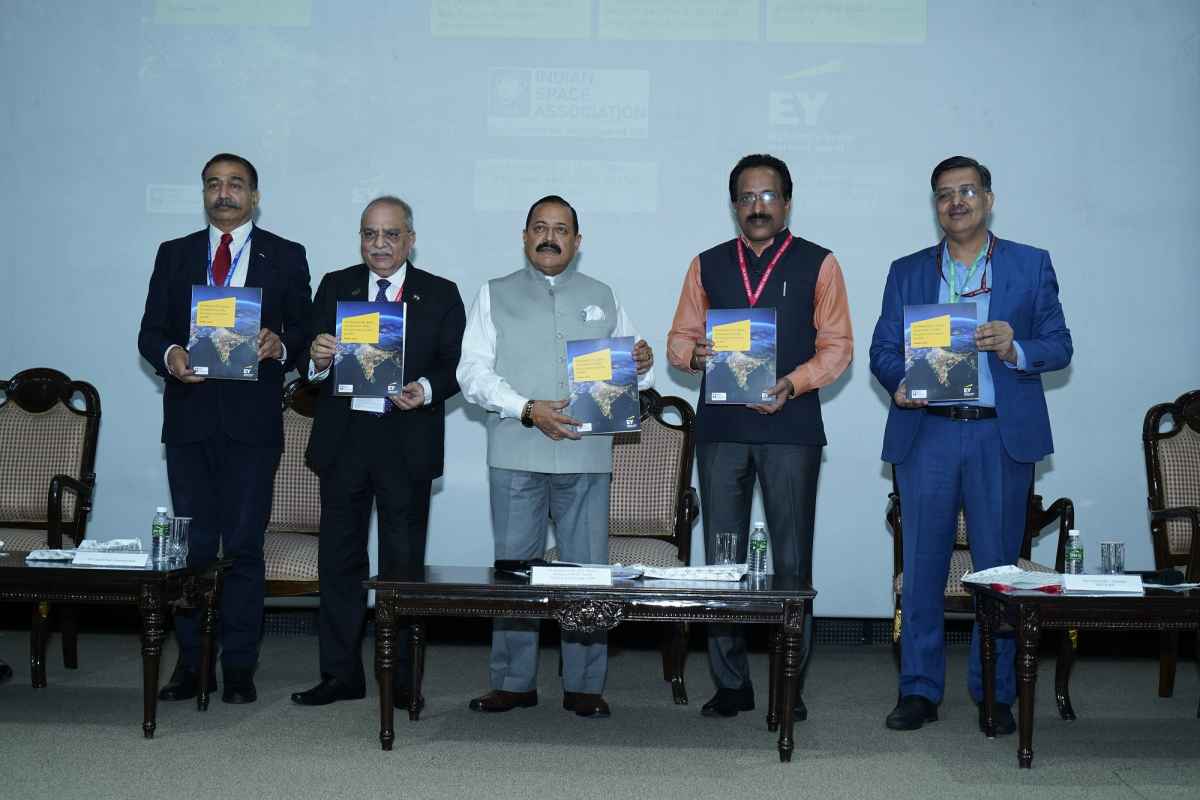
The Production Linked Incentive (PLI) scheme for several sectors and products has not only boosted the economy but also added to the innovation and the upgradation of technology in the country. At the Indian Space Conclave on Monday, the Indian Space Association (ISpA), the apex industry association of space and satellite companies in India, along with EY, launched a sector report titled "Developing the space ecosystem in India: focusing on inclusive growth". Let's take a look at the key highlights of the report launched today.
ISpA-EY Report - Developing the Space Ecosystem in India: Focusing on Inclusive Growth Highlights
The report mentioned that India has a well-developed space program. The space program has received a boost from the realisation of indigenous technology, facilities, and systems and the rollout of services in a systematic manner. The satellite services and application segment would form the largest share of the space economy, accounting for 36% of the space economy by 2025. Further, the space launch segment is to grow the fastest by 2025 at a CAGR of 13%, spurred by growing private participation, the latest technology adoption and the low cost of launch services. As per the report, investment in space tech start-ups increased 196% y-o-y in 2021; there are more than 100 space tech start-ups in India.
ISpA seeks a PLI scheme for satellite manufacturing just like the one the government has announced for handsets and telecom equipment. In addition, the report suggested a single window approval process through a nodal body focused on the space economy shall aid and ease the process of having in place requisite authorisations to enhance the ease of doing business. Along with this, ISpA recommends the government to facilitate access to low-cost, effective capital for startups.















